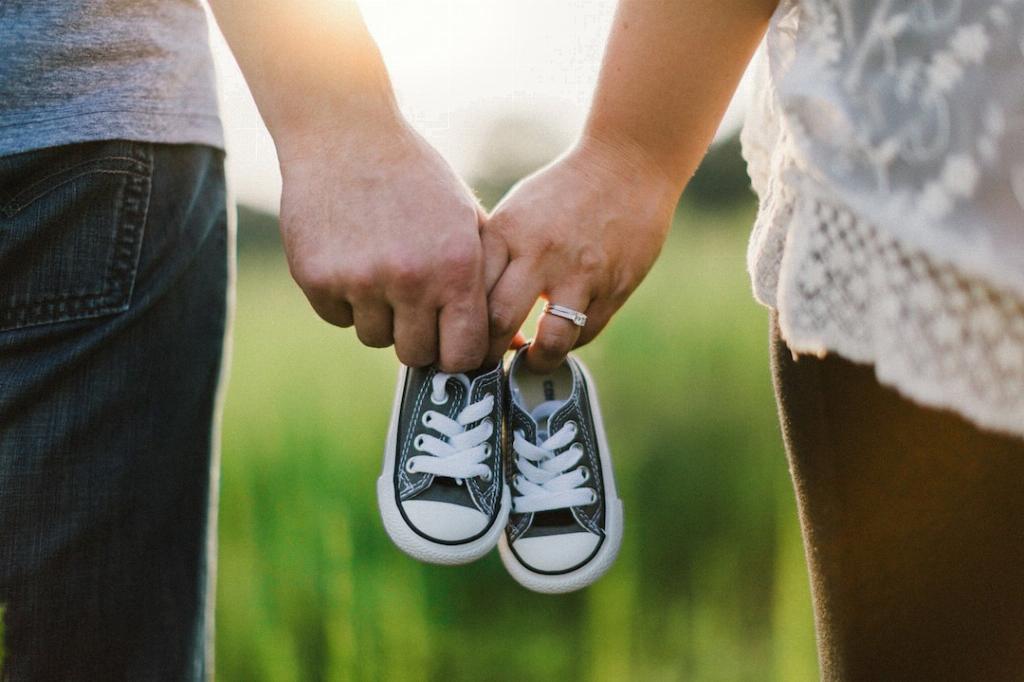When it comes to the question of whether it is possible to get pregnant naturally after menopause, the answer typically leans towards a resounding no. Menopause marks the end of a woman’s reproductive years, and typically, the ovaries cease to release eggs during this time. As a result, the chances of conceiving a child through natural means after entering menopause are extremely low.
Understanding the Menopausal Transition
Menopause is a natural biological process that occurs in women usually in their late 40s or early 50s. During this transition, the production of hormones like estrogen and progesterone decline, leading to the cessation of menstrual cycles. This signifies the end of the woman’s fertility period.
The Role of Ovulation in Pregnancy
Pregnancy typically occurs when a sperm fertilizes an egg released during ovulation. However, after menopause, ovulation ceases to happen regularly, making it highly improbable for a woman to conceive naturally. In essence, if there are no viable eggs being released, the chances of pregnancy are close to zero.
The Concept of Postmenopause
Postmenopause refers to the phase after menopause has been confirmed, usually after 12 consecutive months without a menstrual period. At this stage, the ovaries have generally stopped releasing eggs entirely, making natural conception even more unlikely.
Challenges of Postmenopausal Pregnancy
Even though the chances of getting pregnant naturally after menopause are slim, some women may still experience irregular menstrual cycles during the early stages of menopause. This irregularity can sometimes lead to unexpected pregnancies, albeit with increased risks due to age-related complications.
Assisted Reproductive Techniques
For women who have gone through menopause but desire to have a child, there are assisted reproductive techniques available, such as in vitro fertilization (IVF). IVF involves retrieving eggs from the ovaries, fertilizing them with sperm in a lab, and then transferring the embryos to the uterus for potential implantation.
The Importance of Seeking Medical Advice
It is crucial for women in their postmenopausal years who are considering pregnancy, either naturally or through assisted means, to consult with a healthcare provider. A trusted medical professional can assess individual circumstances and provide guidance on the most suitable options available.
Fertility Treatments as an Alternative
Given the natural decline in fertility with age, seeking fertility treatments may be a viable alternative for women who are postmenopausal and wish to conceive. These treatments often involve hormone therapy and advanced reproductive technologies to facilitate pregnancy.
Emotional and Psychological Considerations
Attempting to conceive a child after menopause, whether through natural means or fertility treatments, can evoke a range of emotions. It is essential for individuals to consider the emotional and psychological implications of pursuing pregnancy at this stage of life.
The Support of Loved Ones
Navigating the journey of postmenopausal pregnancy can be challenging, both physically and emotionally. Having the support of loved ones, such as partners, family members, and friends, can provide comfort and encouragement throughout the process.
Celebrating Unique Paths to Parenthood
Every individual’s journey to parenthood is unique, and for some women, the desire to have a child may extend beyond the traditional reproductive years. By exploring various options and seeking appropriate medical advice, individuals can embrace diverse paths to realizing their dreams of starting or expanding their families.
Final Thoughts
In conclusion, while the likelihood of achieving natural pregnancy after menopause is minimal, advancements in assisted reproductive technologies offer alternative pathways to parenthood for women in their postmenopausal years. By engaging with healthcare providers, exploring available options, and acknowledging the emotional complexities involved, individuals can make informed decisions regarding their reproductive choices.

